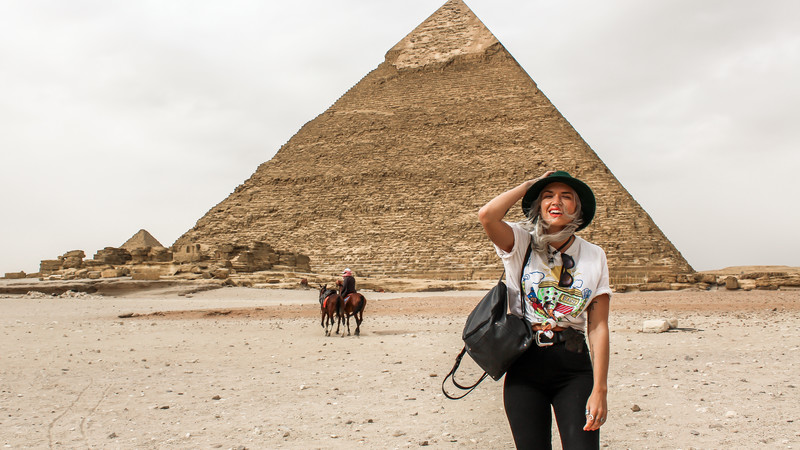Egypt announces it is set to receive $5 billion in investments from the Saudi government.
The announcement was made by Egypt’s prime minister, Mostafa Madbouly, who described it as one of several economic reforms meant to attract foreign investment. It will be another significant accretion of Egypt’s foreign exchange reserves.
He asserts that they have established Egypt as a top location for foreign direct investment (FDI), especially from the Gulf.
Economic Context and Need for Foreign Investment
Egypt has recently encountered serious economic difficulties. The persistent trade deficit, inadequate industrial planning, and an overbearing government intervention that stifles competition in the private sector have all put pressure on the nation’s economy.
One of the most urgent issues is Egypt’s substantial foreign debt, which was mostly accrued during the administration of President Abdel Fattah al-Sisi.
Due to the debt’s impact on the foreign exchange market, there has been a surge in interest rates on domestic borrowing, which has made the deficits worse. As a result, the Egyptian pound has lost more than two-thirds of its value against the dollar since early 2022. Egypt’s economy has benefited greatly from foreign investment, especially from Gulf Cooperation Council (GCC) nations like Saudi Arabia. Central Bank of Egypt’s (CBE) records show that Egypt’s has increased by around $11.2bn since January 2024, the total reserves rising to $46.383 billion in June.
This announced $5 billion investment from Saudi Arabia reflects a larger plan to grow Egypt’s foreign exchange reserves and support the stability of the national currency and economy.
Target Sectors for Investment
Though it remains unclear whether the $5 billion from Saudi Arabia will be entirely fresh capital or conversion of previous deposits, the areas where the funds are likely to be channelled have been outlined.
One primary focus is Egypt’s infrastructure sector. The country has infrastructure projects in the works, including transportation networks, power plants, and housing developments, all of which require massive capital inflows.
Another key area is real estate, particularly high-end real estate projects in cities like Cairo and Alexandria. The UAE has already demonstrated how deposits can be redirected toward real estate deals, creating a model that Saudi Arabia may follow.
Potential Economic Benefits for Egypt
The benefits of Saudi investment extend beyond just financial capital. Saudi Arabia’s involvement in Egypt’s infrastructure and energy sectors can contribute to technology transfer, improve efficiencies, and raise the standard of projects.
These investments could also help stabilize the Egyptian economy by providing much-needed foreign exchange reserves, supporting the Egyptian pound, and reducing inflationary pressures.
Job creation is another significant benefit. With large-scale infrastructure and real estate projects, thousands of jobs are expected to be created, which will alleviate some of Egypt’s unemployment challenges, especially for its young population.
Ultimately, this investment is part of a wider Gulf strategy to strengthen economic ties with key regional partners. For Egypt, securing this investment is a crucial step in its ongoing efforts to stabilize its economy and attract more foreign capital.

